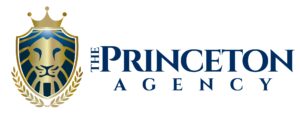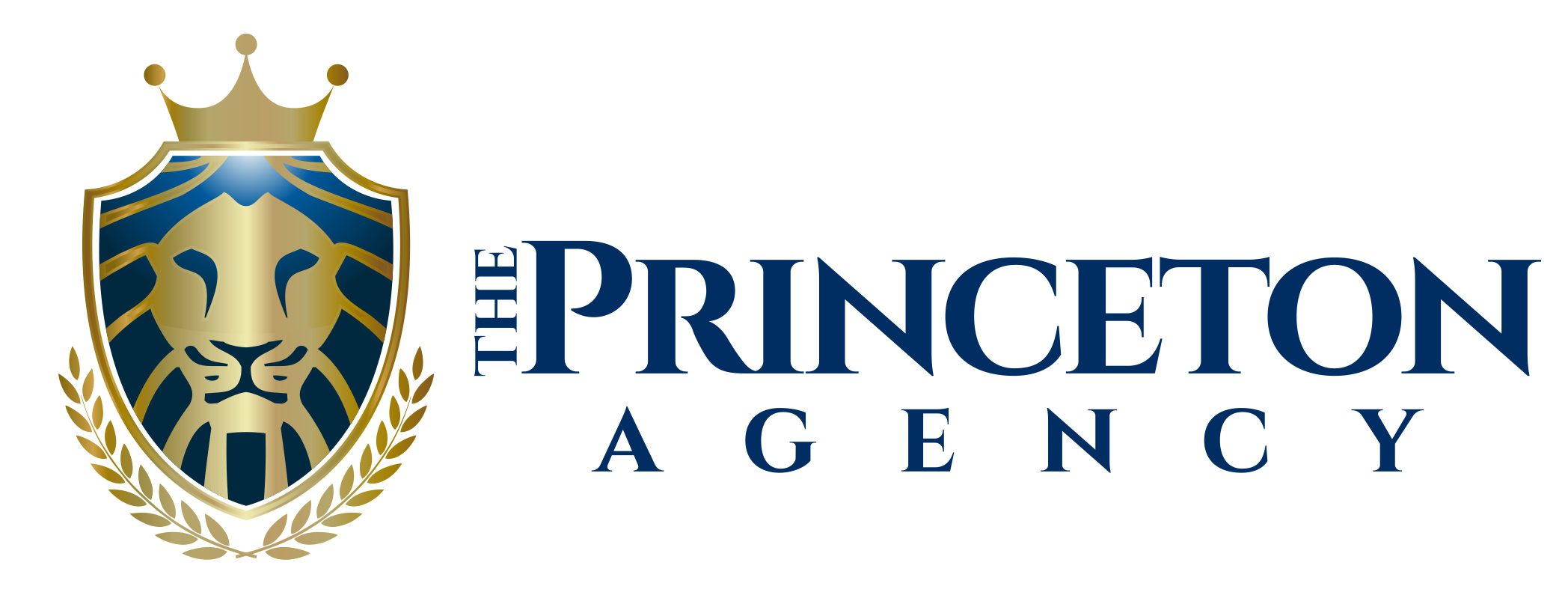Based on its size and a variety of other factors, there are certain accounting insurance policies that most should consider mandatory parts of their accounting business insurance program:
Professional Liability Insurance:
Professional liability malpractice or errors & omissions (E&O) insurance, is easily the most important and vital type of insurance that all accounting firms will need to have.
This insurance policy will be able to cover most of the legal costs, discovery costs, and damages associated with claims against you or your employees in the course of providing accounting services. A good broker can guide you towards broader policies that effectively cover the accounting firm for anything you do for a fee or that enures to the benefit of the firm.
No matter whether you are a bookkeeper, CPA, or large accounting firm, you need professional liability insurance, because any mistake or aggravated client can potentially turn into a lawsuit.
General Liability Insurance & Property / Business Owners Policy (BOP):
A staple coverage that will be able to protect you from most types of lawsuits, general liability insurance includes the very important premises liability, which covers injuries that could possibly occur on your property. General liability is often minimal for accounting firms since almost all business is conducted in the office and most communication with clients is handled via telephone and email. Property insurance covers your personal property including computer hardware and furniture.
This policy provides protection in the event of a fire, flood, or other unexpected circumstances that affect the building, your property, and your ability to work. General liability and property are often combined into a Business Owners Policy (BOP).
Employment Practices Liability Insurance (EPLI):
The need for this coverage grows in concert with the size of your firm. As the accounting firm adds employees, the issues become more complex and the personalities involved are less predictable, giving the need for EPLI coverage. EPLI insurance will protect your accounting firm from potential employee-related claims, including discrimination, harassment, failure to promote, and wrongful termination. Professional services firms are also strongly encouraged to get third-party coverage to protect against claims coming from outside the firm, such as claims made by clients.
Workers Compensation Insurance:
Since this type of commercial insurance is required in just about every state, there’s not much to think about – your accounting firm needs to have it. Thankfully, workers’ compensation probably won’t cost your accounting firm a lot, since an office is not a high-risk workplace.
However, accidents will always happen and workers’ compensation will cover your firm if your employees ever sustain any type of injury at work (whether it’s at your office or anywhere else they may be representing your firm in a professional capacity.
Cyber Liability Insurance:
Accounting firms deal with a lot of sensitive information and often transfer funds, so it’s no surprise that they are constantly being targeted by hackers. CPAs act as the trusted advisors to some firms, adding on registered investment advisory arms for their clients’ funds.
Hackers today are well-trained and are patient enough to watch over your email traffic and attack at just the right time. Or if they are impatient, many have no problem launching a ransomware attack or cyber extortion virus onto your system, both of which could paralyze your firm.
What Does It Cost to cover your business?
Many factors are considered when trying to arrive at a price for the coverage you need.
Size of your company
Size logically correlates with premiums – the more accountants you have that need to be covered, the more you’ll have to pay to insure them all.
Revenue over three to five years
Insurers will want to see your three-year revenue before calculating the cost of your accounting insurance. Simply put, the more money your firm makes, the more lawsuits it will attract, increasing its potential exposure.
Your Claims history
Your claims history is a crucial factor for determining premiums. If a company has a history of claims, especially if they are severe and costly, it will have to pay considerably more for coverage. On the other hand, companies that don’t have claims in their past can expect to pay much less to be adequately protected.
Insurance limits and deductibles
This is also a reasonably straightforward factor – the higher your insurance limits, the more you’ll have to pay. It’s a good idea to carefully consider exactly how much insurance you need with your broker to not overpay but also have sufficient coverage.
The deductible you choose will have an effect on the cost as well. The higher the deductible, the lower the cost, the lower the deductible, the higher the cost.
Areas of your practice
The service that the accountant provides is crucial for calculating premiums. Certain areas of practice are considered as higher risk by insurers and will be treated accordingly. For instance, CPAs can typically expect to pay more for accounting insurance than bookkeepers.
Your Location
Firms located in large cities, such as Los Angeles or New York City, will pay more for insurance than those in less populated areas.
















